Interview with Anna Ding, former chair of Finance & Taxation Working Group
How long have you been involved with the European Chamber of Commerce in China?
I have been involved with the European Chamber for about 13 years. In the Shanghai Chapter, I served as the vice chair of the Finance and Taxation Working Group for around five years until 2013 and then served as chair until 2016. In 2017, I was elected to as national chair of the Finance and Taxation Working Group.
How have you seen the European Chamber’s advocacy efforts shape the taxation discourse in China over time?
The European Chamber conducts regular advocacy activities and meetings with the Chinese Government, providing an important communicational channel between the government and Chamber members. The Chinese Government values the Chamber’s input. For example, in 2014, the State Council Notice No.62 states that local authorities can cancel without prior notice pre-existing agreements they already approved, unless specifically approved by the central government. The European Chamber submitted a lobbying letter to the Ministry of Finance to outline members’ concern about the implementation of the Notice, including it potentially having a detrimental impact on business activities in China due to the lack of clarity for both public and private stakeholders. In August 2017, the State Council issued Notice No. 39: Several Measures for Promoting Foreign Investment, with the aim of improving the business environment for foreign investors in China. Notice No. 39 outlines 22 specific measures to help achieve this goal. One of the more rigorous measures is requesting local governments at various levels to strictly honour the commitments they have made to investors and foreign-invested enterprises, and earnestly fulfill the contracts they have entered into in accordance with the law.
What do you see as milestones in the taxation field in China that you wouldn’t have imagine possible just a few decades ago?
In November 2019, I received an urgent request from the Department of Foreign Capital & Overseas Investment, National Development and Reform Commission, inviting members of the Chamber’s Finance & Taxation Working Group to meet and talk about the working group’s key recommendations proposed in its Position Paper. This is the first time in my more-than-a-decade-long experience with the European Chamber that a government agency has proactively approached us and asked about our concerns and opinions about a currently effective tax policy.
In recent years, China’s tax burden has been continuously reduced to not only significantly lower than tax rates in most developed countries, but also slightly lower than tax rates in most developing countries. In 2019, China’s tax rate dropped by 1.07 percentage points compared to the year before. In addition, with changes in the business environment, China’s tax authority has changed its mandate from tax administration and collection to service provision, surveying and coordinating the views of relevant authorities. These efforts were also reflected in the World Bank’s Doing Business 2020 report, which stated that China made tax paying easier by implementing a preferential corporate income tax rate for small enterprises, reducing the value-added tax (VAT) rate for certain industries and improving the electronic filing and payment system.
What would you like to see happening with the Finance & Taxation Working Group in the future?
The European Chamber was founded in 2000 by 51 member companies but has now expanded to more than 1,700 member companies. In recent years, due to the significant changes in China’s tax system, more people have begun to acknowledge the importance of collective communication. Therefore, more qualified companies (i.e., European companies and American companies) have been eager to become a part of this organisation. I personally have introduced some companies to the Chamber that subsequently joined, and I believe more will follow in the future.
The European Chamber is now operating in nine cities: Beijing, Nanjing, Shanghai, Shenyang, Guangzhou and Shenzhen, Chengdu and Chongqing, and Tianjin. These are all major cities in China. In addition to maintaining communication with the central government, it is also important to exchange information with local governments, since they are the closest to our members and understand enterprises’ situation better. They also have influence over the tax policy development.
What do you expect to see China’s business/regulatory environment to change in 20 years?
As China is increasingly opening its market to international players, the Corporate Social Credit System (SCS) is emerging in the background with the aim of enhancing the government’s ability to shape companies’ behaviour. The part of the Corporate SCS that assesses the performance and behaviour of companies is a system of multiple topic-specific ratings (e.g., tax, customs and environmental protection) and compliance records (e.g., on anti-monopoly cases, data transfers, pricing and licences).
In 2014, the State Council published its plan to develop the SCS. From 2014 to 2018, the mechanisms were designed, data infrastructure set up and pilots implemented. 2019 to 2020 saw remaining gaps closed and final decisions made. As of today, the SCS is still far from being fully implemented. Execution of sanctioning mechanisms is still incomplete. The time needed to close any gaps will go beyond the initial 2020 deadline. In the long-term, the SCS is designed to be a continuously evolving mechanism.
What’s your favorite memory of the European Chamber experience?
With the support of one of the Chamber coordinators, I have very much enjoyed playing an active role in shaping strategies, identifying topics/issues and making proposals in the Finance & Taxation Working Group. I appreciate the opportunity to contribute my expertise and government contacts as a former official of the State Taxation Administration (SAT) of China, in facilitating group activities, such as drafting the position paper and communicating group messages to SAT.
In recent years, in order to improve the tax law system and promote constructive and democratic legislation, tax authorities have solicited public opinions on major tax laws before officially implementing them. I led the Finance and Taxation Working Group to submit comments and suggestions on the six major tax laws, including VAT, consumption tax, land VAT, environmental protection tax, urban maintenance and construction tax and individual income tax.
Do you remember the European Chamber’s first government meeting you attended, who it was with and how you were received?
The first government meeting I attended was with Mr Jörg Wuttke, president of the European Chamber, and Mr Wang Li, deputy commissioner of the State Taxation of Administration (STA). The meeting was held in Beijing in November 2009. I remember that Deputy Commissioner Wang Li said that upon receiving the meeting request from the European Chamber, they immediately started to invite the leaders of relevant departments and tried to give satisfactory answers to the questions raised in the Position Paper. He joked that they sometimes directly copy the ideas proposed in our position papers and pasted them into the tax regulations. At the end of the meeting, Deputy Commissioner Wang Li reiterated that the STA was interested in having an open discussion and information-exchange session with the European Chamber delegation.
What memories do you have about from the first time you took part in the drafting of a Position Paper?
The first time I took part in drafting a Position Paper was around 2008. I clearly remember it was at an internal discussion meeting attended by four drafters, and Simon Tam was the chair of the Shanghai Finance and Taxation Working Group at that time. He explained the three-part structure requirement for the position paper – the first part, ‘Concern’ provides a brief analysis on the current issue (what), and the second part ‘Assessment’ gives some initial assessment (why) about the cause of the issue and, eventually, makes recommendations on potential resolutions (how) in ‘Recommendation’. It usually takes about three to six months to prepare a position paper. I spent a lot of time researching the topic, discussing with relevant colleagues, and polishing my drafts in order to accurately convey the problems, make analyses based on sufficient and reasonable evidence, and propose constructive recommendations. The Position Paper is written on behalf of companies in the European Chamber, so it is important to not only understand the provisions of China’s tax law, but also compare them with European tax frameworks and international practices. For example, regarding the Dividend Withholding Tax issue, we wrote that in some European countries, there is no opportunity to receive a tax credit on foreign withholding tax. A withholding tax of 10 per cent on dividends, therefore, becomes an additional tax burden that can have a big impact. The amendment of a double taxation treaty between China and European countries can help to reduce such a burden. This proposal has been adopted in some new double taxation treaties (e.g., the treaty between China and Germany signed on 28th March 2014).
Do you feel that the Chinese authorities care about the Chamber’s messaging and recommendations?
The European Chamber is recognised by the European Commission and the Chinese authorities as the official voice of European businesses in China. I think they do care about the Chamber’s opinions and input. I reviewed the position papers from 2007 to 2020 and many of the recommendations were adopted in current tax laws and regulations, such as “replace the Business Tax by a VAT on service income”, “grant consumption tax exemption on naphtha as a feedstock for producing ethylene and aromatic chemical products” and “promote ‘High & New-Tech Enterprise’ status and develop R&D activities through reasonable legislation”, etc.
Anna Ding, former chair of Finance & Taxation Working Group
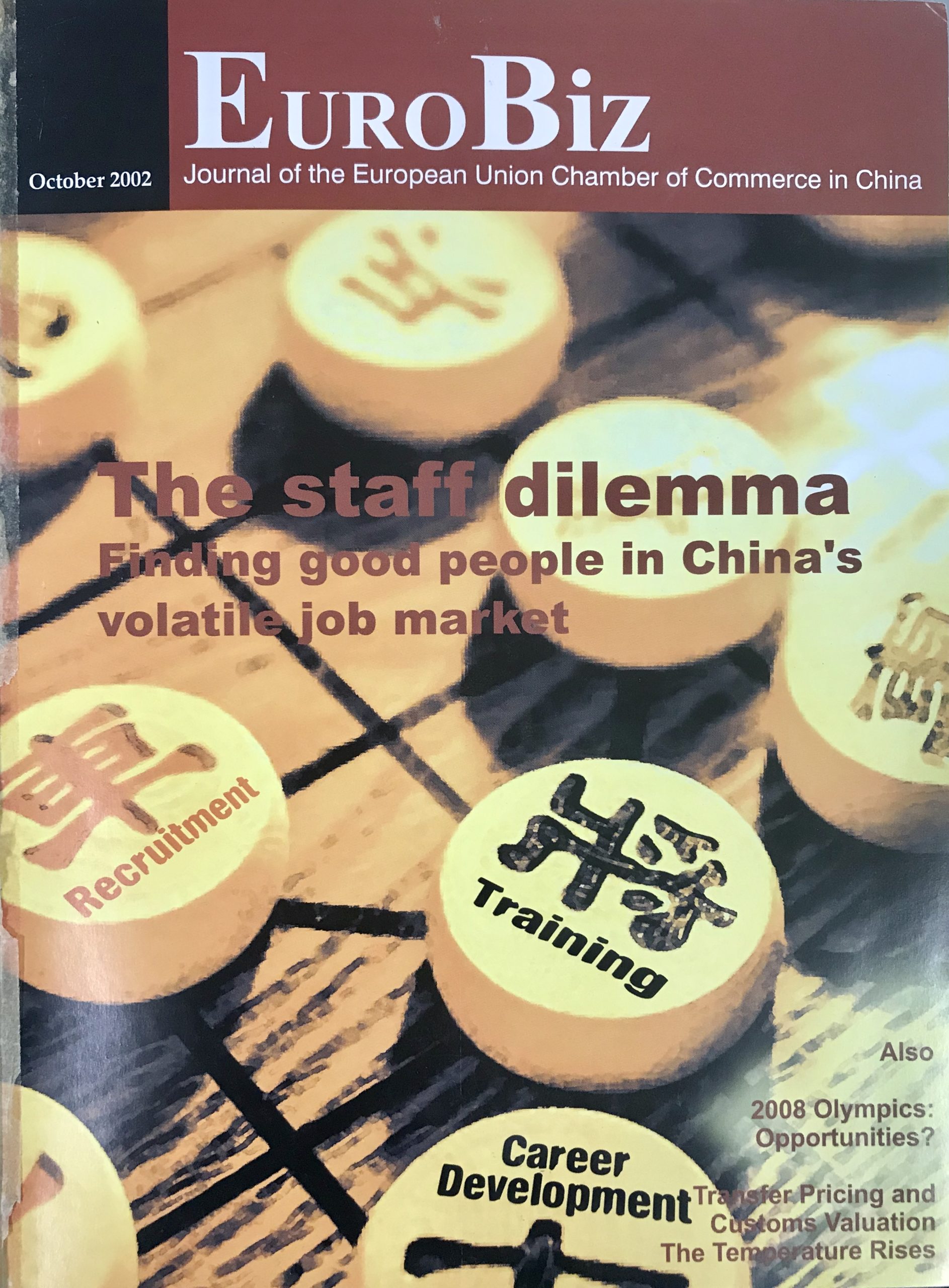
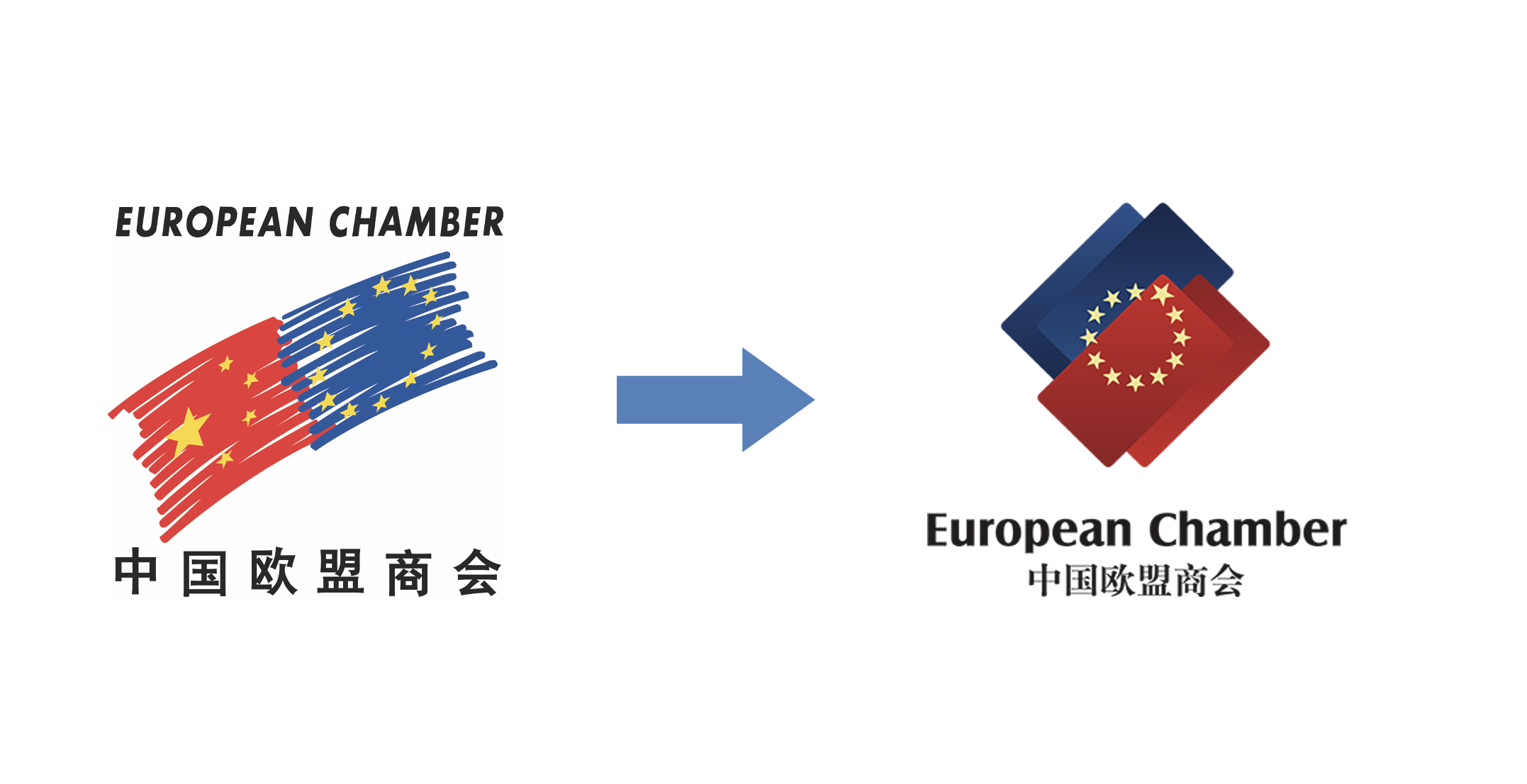
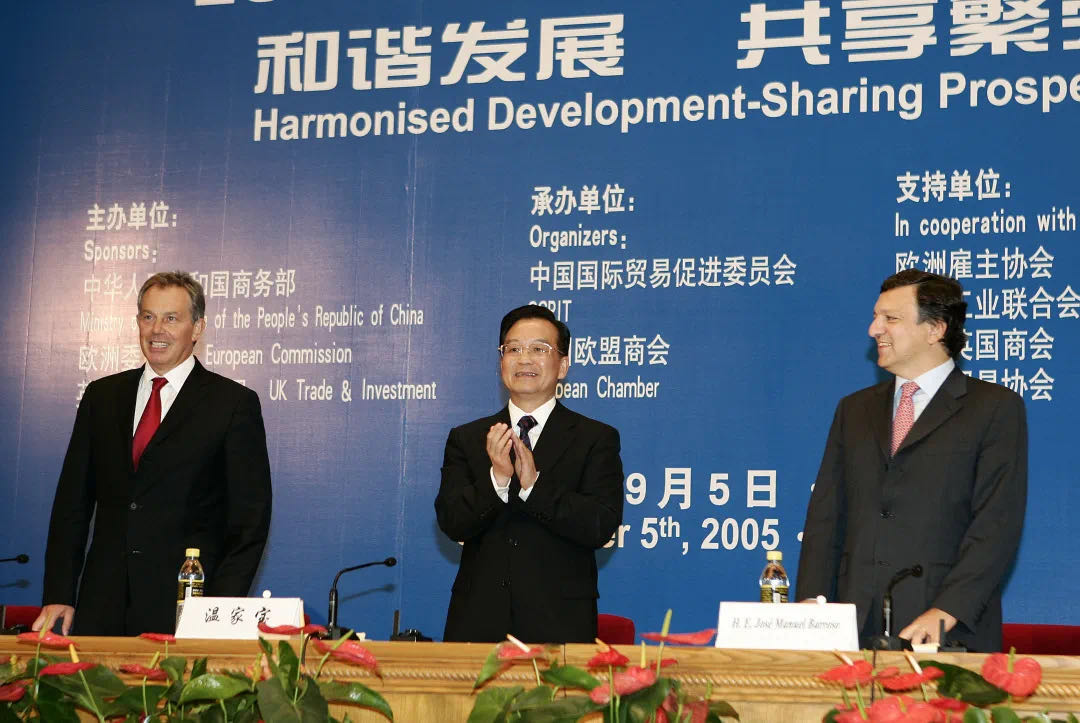
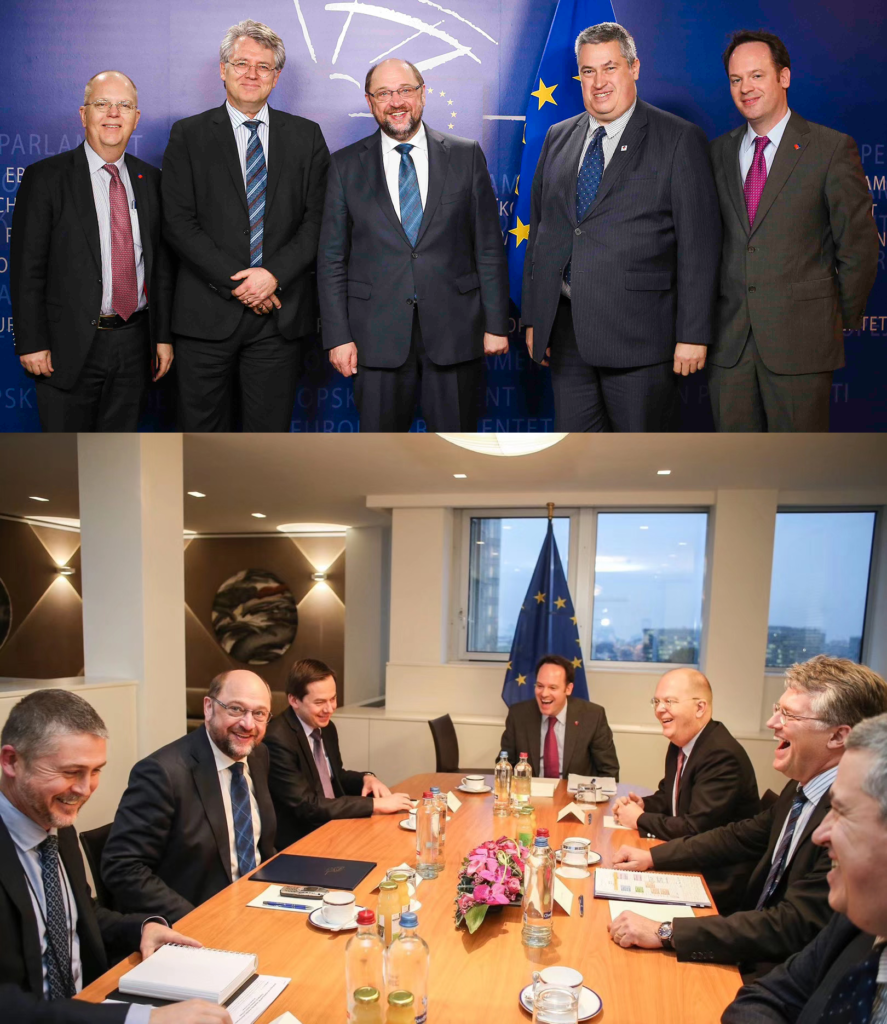

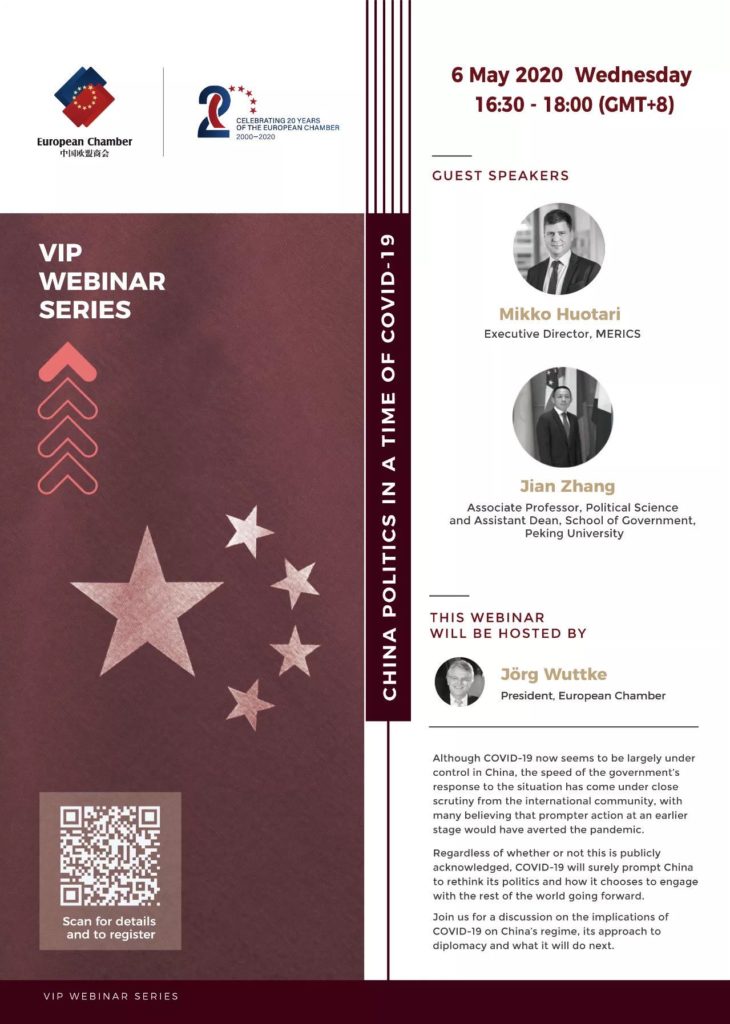
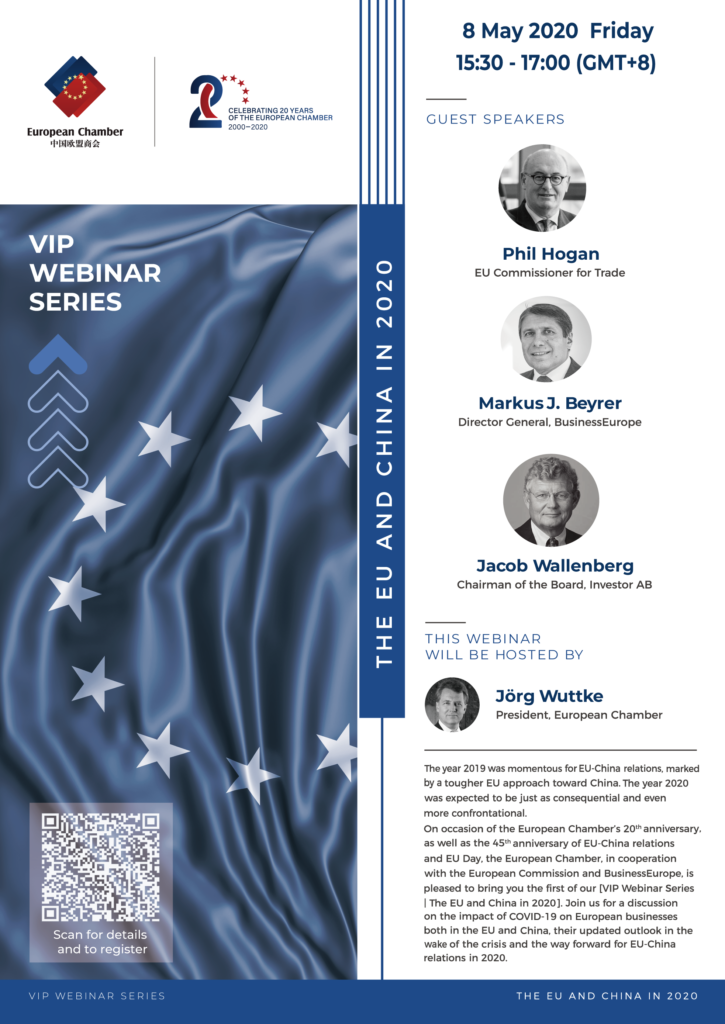
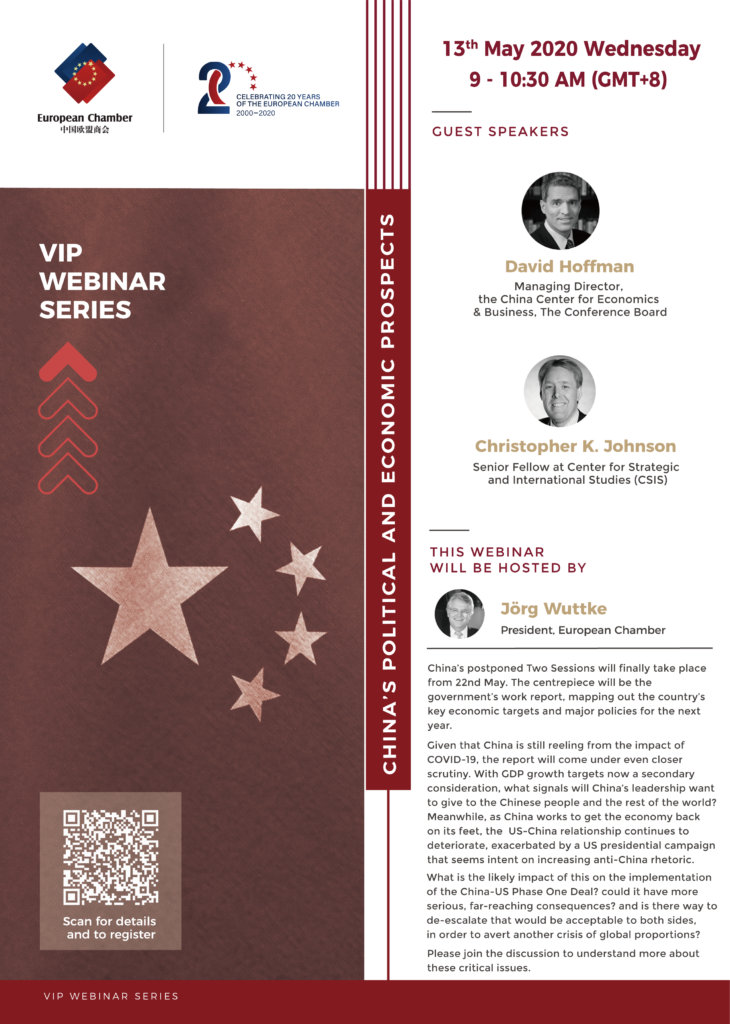
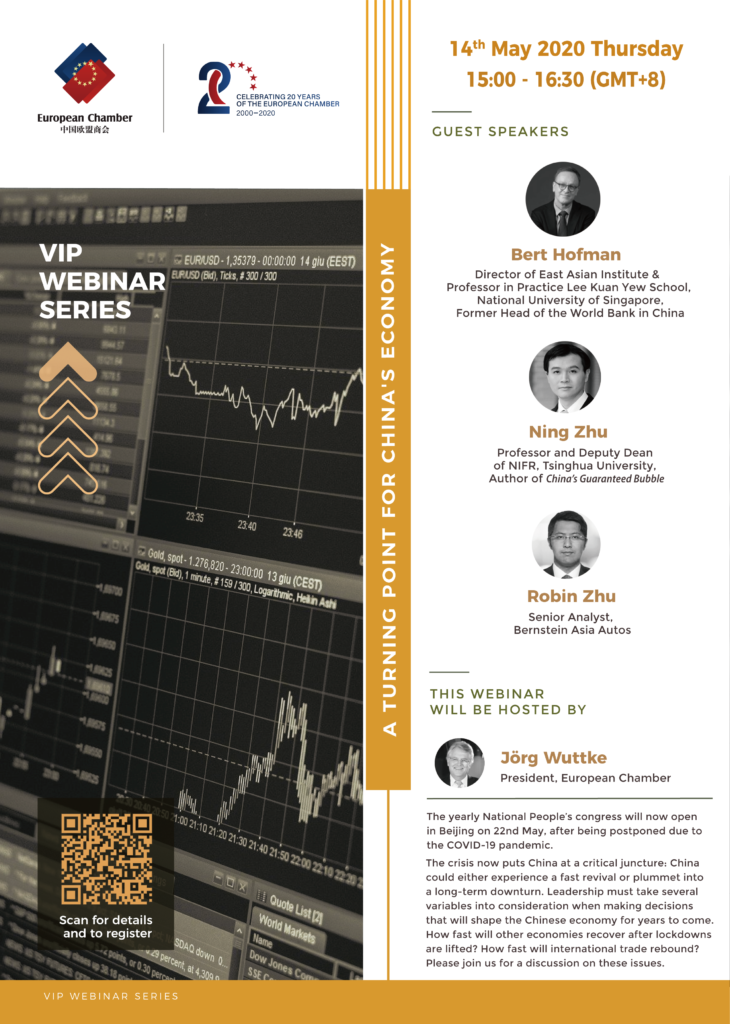
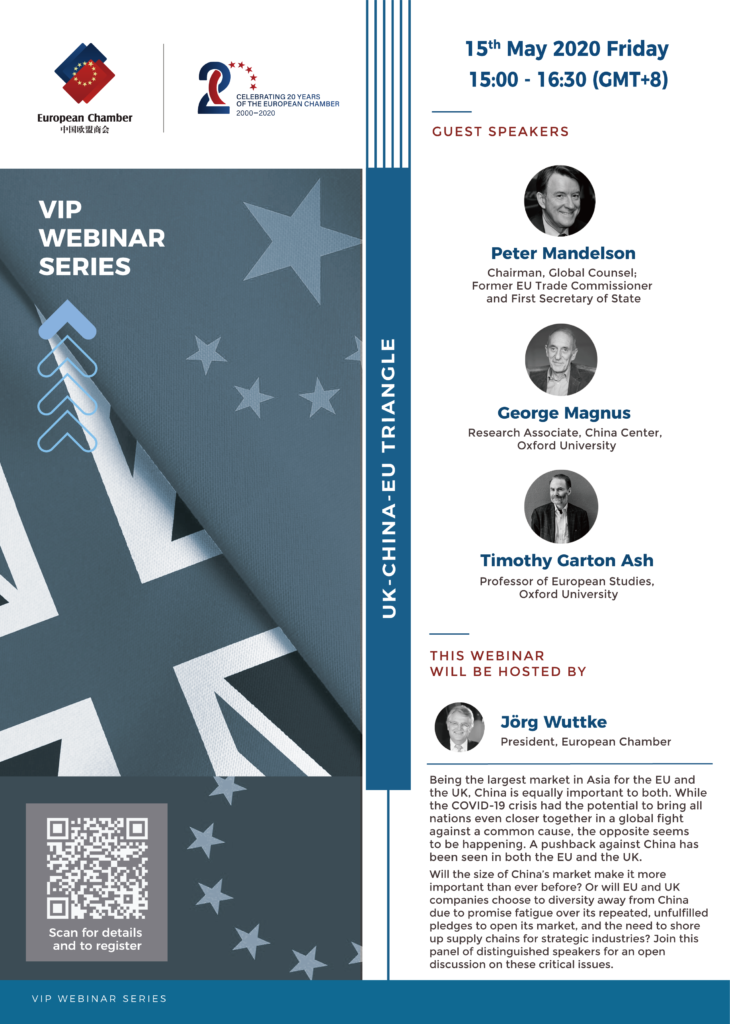


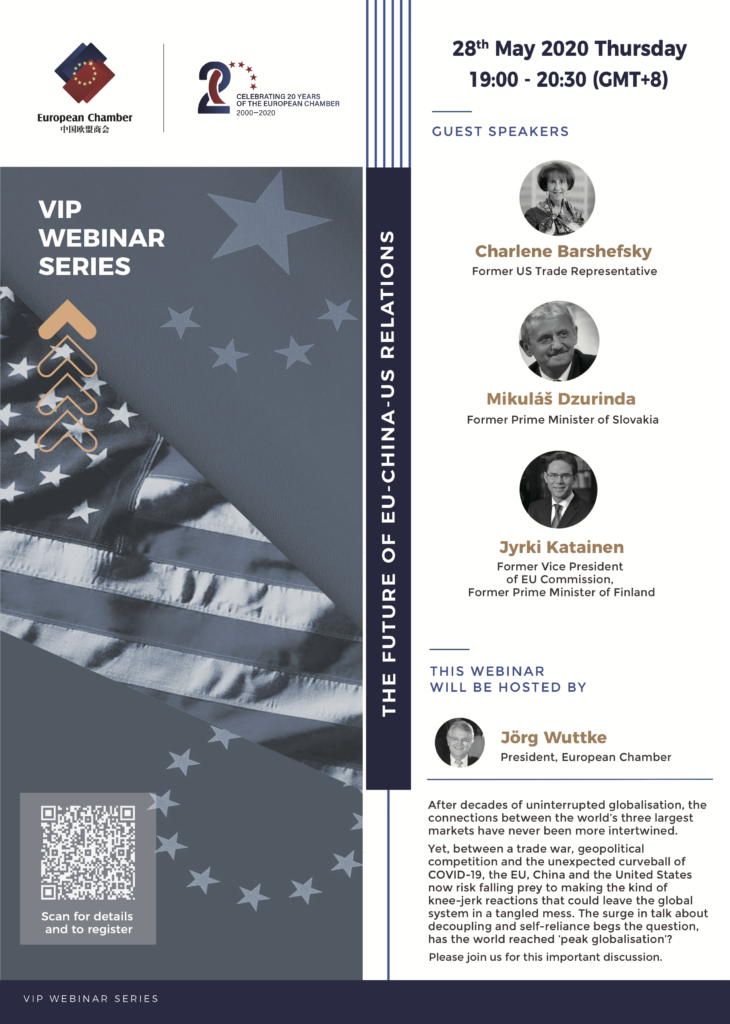
Leave a Reply